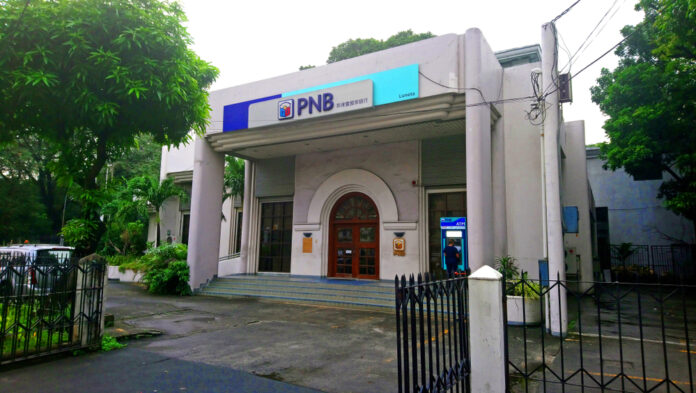The Philippine National Bank, the country’s 7th largest lender by assets, said Monday net income in the first half rose 5.6 percent to P10.3 billion, helped by better interest rate margins despite challenging economic conditions.
PNB said net interest income grew by 11 percent year-on-year to P24.03 billion, fueled by a 17 percent increase in interest income from its loan portfolio and treasury assets. It said the improvement was supported by high interest rates and increased volumes, which offset higher deposit expenses by deploying funds into higher-yielding assets. Consequently, the bank’s net interest margin rose to 4.37 percent from 4.14 percent a year earlier.
Other operating income in the first half fell to P2.3 billion from P4.4 billion in the previous year, primarily due to a significant sale of real and other properties acquired (ROPA) recognized last year.
Operating expenses were reduced by 4 percent to P14.3 billion, reflecting the bank’s commitment to prudent spending amid ongoing business growth.
PNB set aside additional credit provisions of P2.1 billion during the period. As of June 30, 2024, total consolidated assets reached P1.26 trillion, a 4 percent increase from the end of December 2023, driven by growth in loans and treasury assets.
“PNB’s performance has been on an upward trajectory since the start of the year, thanks to the effective execution of our strategies and growth initiatives. The enhanced focus and collaboration across our business groups have enabled us to better serve the commercial lending and consumer finance segments. We are proud to celebrate our 108th founding anniversary as a financial institution dedicated to helping Filipinos achieve their aspirations,” said PNB president Florido Casuela.
In alignment with its sustainability goals, PNB, in partnership with the Asian Development Bank, signed an agreement with Buskowitz Energy, Inc. to finance the development, construction, and operation of rooftop solar photovoltaic (PV) systems. This project will install 70 megawatts of solar power capacity across various provinces including Bacolod, Bulacan, Laguna, Misamis Oriental, Pampanga, Pangasinan, and Zamboanga.
Additionally, PNB actively participated in the Paleng-QR Ph Plus program, recently held in Pampanga. This initiative, part of the Bangko Sentral ng Pilipinas’ financial inclusion efforts, promotes the use of QR codes for seamless transactions in public markets and local transportation, including tricycles, to foster a cashless payments ecosystem in the country.







